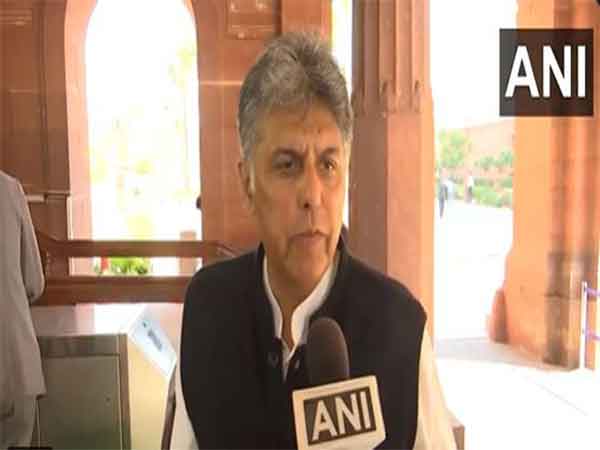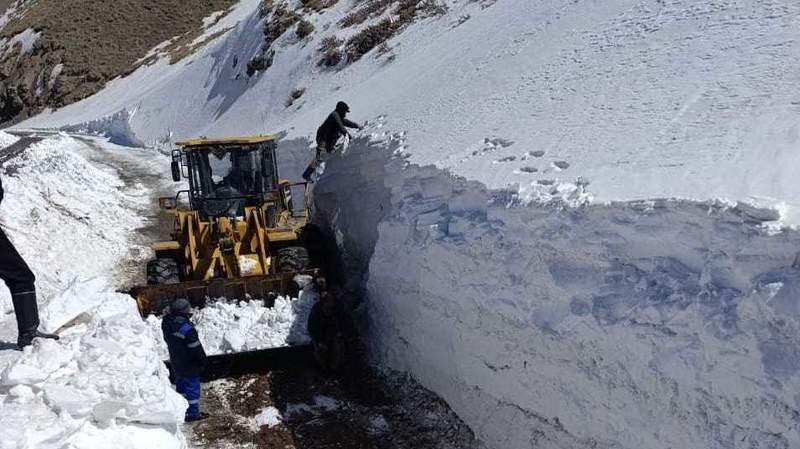
KUALA LUMPUR: Malaysia's petrochemical sector is largely unaffected by US trade tariffs on oil, gas, and chemical imports, analysts said.According to BMI senior oil and gas analyst San Naing, the industry relies primarily on domestically sourced natural gas and petroleum feedstocks, reducing its dependence on US imports for production."Malaysia's petrochemical industry is basically insulated from US tariffs.
We use our own natural gas and petroleum feedstocks, and our petrochemical exports are primarily directed to Asian markets rather than the US."Therefore, the tariffs do not have a significant impact on our operations or supply chain," Naing told the Business Times.While Malaysia's petrochemical sector remains unaffected by US tariffs, Naing stressed that Southeast Asia's petrochemical industry is highly vulnerable to fluctuations in global oil prices, as chemical feedstock prices generally move in tandem with oil and gas prices.

"Southeast Asia's petrochemical producers are exposed to price volatility in chemical feedstocks, but major producers like Malaysia and Indonesia have access to domestic feedstock sources such as LPG, natural gas, and naphtha."These countries have a degree of protection from global volatility, though imports are still required in some cases," he said.Naing also highlighted the challenges faced by countries like Thailand and Vietnam, which rely more heavily on imports due to declining domestic production of feedstocks.
However, he added that petrochemical companies in the region commonly use hedging strategies and diversify their feedstock supplies to mitigate price risks and maintain profitability.Echoing the views, Singapore-based ChemOne Group chief financial officer Mayank Vishnoi said in Southeast Asia, the petrochemical industry faces additional challenges due to its reliance on imported feedstocks and competition from Middle Eastern producers."The region's naphtha-based crackers are particularly vulnerable to oil price volatility, leading to narrow profit margins and potential plant shutdowns," he noted.
Vishnoi also expressed his concern about the fluctuations in global oil prices and increased operational costs for manufacturers due to the tariff policy.He said the ongoing tariff wars threaten to destabilise foreign exchange markets, as all feedstocks and products are predominantly traded in US dollars, which have become increasingly volatile."When affected, the US tariffs on oil & gas and chemical imports, including those from Canada, Mexico, and China, may disrupt supply chains and increase operational costs for manufacturers.
"This could lead to inefficiencies in production and higher costs, affecting both domestic and international markets," he said.Despite these challenges, Vishnoi said Southeast Asia's petrochemical industry can thrive by leveraging lower feedstock costs to secure better pricing for their products.He believes the ongoing recovery and increasing demand in domestic economies, such as Thailand, India and Indonesia, may improve conditions for the industry in the coming years.
Looking ahead, Naing provided a cautiously optimistic outlook for Malaysia's petrochemical industry.He said the sector's reliance on gas-based feedstocks, particularly for major producers like Petroleum Nasional Bhd (Petronas), provides a competitive edge in terms of lower production costs."The government is still promoting foreign investments in PIC in Johor.
Singapore-based ChemOne is still mulling investment in a condensate splitter, which could possibly be integrated with an aromatics unit."After this project, investments in Malaysia's petrochemical industry will slow down significantly. However, Sarawak may become another state which will continue to promote chemical projects like methanol for domestic and export use.
"Future export-orientated chemical investments depend to a large extent on feedstock gas availability at competitive prices," Naing added.© New Straits Times Press (M) Bhd.











